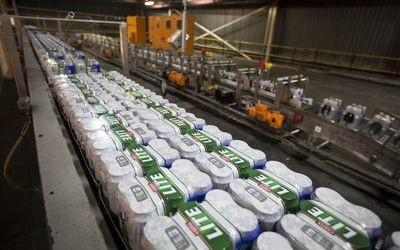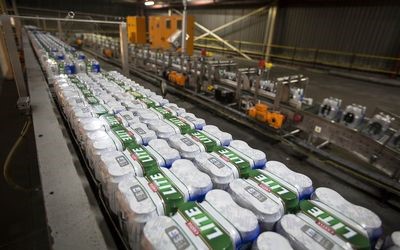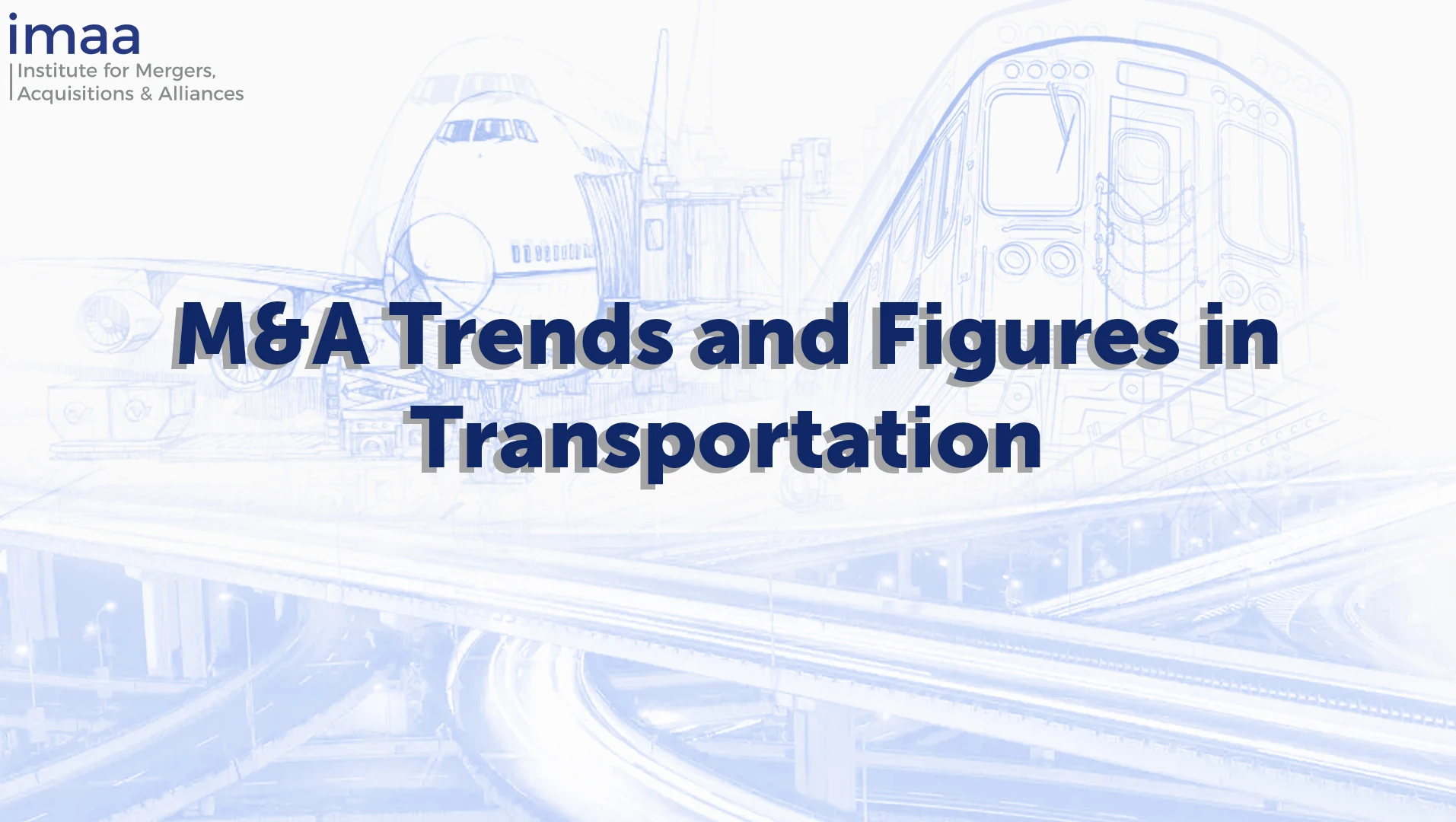
Publications SABMiller/AB InBev: Stage set for third largest takeover deal
- News
SABMiller/AB InBev: Stage set for third largest takeover deal
- Christopher Kummer

SHARE:

Picture: BLOOMBERG/HALDEN KROG
by Hilary Joffe and Bloomberg, Oktober 14 2015, 07:04
SABMiller branded six packs of Castle Lite beer move along the production line at SABMiller’s Newlands brewery in Cape Town on Tuesday.
THE way is clear for global brewing giant Anheuser-Busch InBev (AB InBev) to make a formal offer to buy SABMiller in a deal worth more than $100bn after the SABMiller board agreed on Tuesday to give its blessing to an increased offer, the fifth.
But getting regulatory approval for the takeover could be a protracted and difficult process globally and in SA, and the formation of a “megabrewer” is by no means a done deal.
It could be the third largest corporate takeover deal and the largest of a London-listed company.
The two parties agreed on a break fee that is also the largest to date in London and would see AB InBev paying SABMiller $3bn if the deal failed to get all the regulatory clearances it will need in the many jurisdictions in which the merged entity will have a presence.
“There is a residual but misplaced fear the deal won’t happen,” said Andrew Holland, an analyst at Societe Generale. “Given the size of the break fee, there is a huge onus on AB InBev to make this deal happen.”
The deal could hit regulatory hurdles in SA even though AB InBev has no local presence so the merger would not be expected to raise any competition concerns.
But SA’s competition commission has increasingly been looking at broader public interest concerns, as it is enabled to do in terms of the competition legislation, when it adjudicates mergers. That includes employment as well as concerns such as corporate social investment and black empowerment. Some recent deals have also waited for lengthy periods to get clearance from the commission including SABMiller’s own merger with other Southern African Coca Cola bottlers to form Coca Cola Beverages Africa.
AB InBev and SABMiller issued a joint statement on Tuesday, just a day ahead of the deadline for AB InBev to “put up or shut up” in terms of London takeover rules to make a formal offer.
Now that the SABMiller board has recommended the new offer, AB InBev has until October 28, to launch its formal offer for a deal that would create a group that would sell one in three beers consumed globally.
It has raised its cash bid from £38 per share two weeks ago to £44, representing a premium of 50% to the “undisturbed” share price, after the SABMiller board spurned four previous proposals.
In addition to the cash bid is a partial share alternative at £38.03, which is intended for the two largest shareholders in SABMiller, Altria and Bevco, which together hold 41% of the company.
But SA’s Public Investment Corporation (PIC), which is SABMiller’s fourth largest shareholder with a stake of 3.14%, yesterday came out against the share-exchange element of the offer. Rather than unlisted stock in AB InBev that could not be sold for five years, all shareholders should be offered common shares of AB InBev that ranked equally with those listed in Brussels, the PIC said.
The PIC had earlier expressed reservations about the deal and was mollified only when AB InBev last week promised to retain the merged entity’s secondary listing on the JSE and to keep SABMiller’s African headquarters in Johannesburg.
London-listed SABMiller is the second largest counter accounting for more than 10% of the JSE’s total market capitalisation.
The PIC’s discomfort with the deal, which would see the iconic SA beer brand absorbed into a much larger global entity, may presage further political controversy in SA around the bid. But global investors are more concerned for now about competition regulators.
SABMiller plc shares traded 10% below the price AB InBev agreed to pay yesterday, a bigger discount than often seen in takeovers, because the deal faces months of scrutiny by antitrust regulators around the world that may yet derail the transaction.
Typically, when a deal is expected to sail through to completion, the shares of a target trade just below the offer. In this case, many traders who speculated on the outcome of merger agreements were shunning the deal because it would take too long for the transaction to close, and there were better opportunities in other takeovers, said Jean-Francois Comte, co-manager of the $144m Lutetia Patrimoine arbitrage fund in Paris.
SABMiller stock rose 9% to close at £39.48 in London.
Usually the discount in a target’s share price narrowed to about 1% by the end of trading in the day a friendly bid was announced, said Christopher Kummer, head of the Vienna-based Institute of Mergers, Acquisitions and Alliances.
For bigger deals, the spread is often wider. On the day Royal Dutch Shell plc agreed to buy BG Group plc in April this year for about $70bn, the target finished the day at a 10% discount to the value of the bid.
There is very little overlap between the two groups except in the US and China, where SABMiller operates joint ventures with local partners.
Analysts expect that AB InBev will need to sell more than $16bn of assets to win approval.
SABMiller employs more than 6,400 people in SA and is estimated to account for about 2% of SA’s gross domestic product, contributing close to R16bn in tax revenue directly to the SA fiscus.
Its five-year-old empowerment scheme, Zenzele, has more than 42,000 shareholders including black-owned beer and soft drink retailers and the SAB Foundation Trust which supports entrepreneurship projects.
The company has also increasingly invested in agriculture, sourcing the bulk of its barley locally, and is putting almost R1bn into new maltings capacity.
Analysts said that regulators could demand assurances from AB InBev that it would not retrench employees in SA, as well as commitments that the merged entity would not cut SABMiller’s support for farmers or its corporate social investments.
AB InBev CEO Carlos Brito has already said that his group will retain SABMiller’s empowerment partners.
TAGS:


Stay up to date with M&A news!
Subscribe to our newsletter


